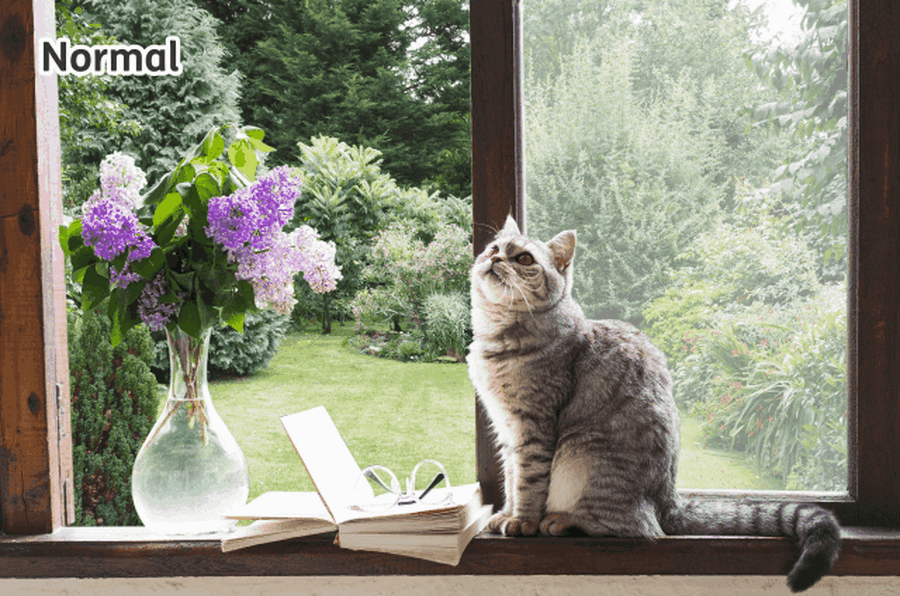

Blog post
Four reasons why you should have a sight test
Regular sight tests are an essential part of our healthcare regimes. Adults are recommended to have a sight test at least once every two years, and over-65s or those with existing eye conditions are advised to have at least one sight test per year. Unfortunately, the coronavirus pandemic and associated restrictions have meant that for many, sight tests are now well overdue – some people by as much as two years. So, eye tests must become part of our regular healthcare regimes again as we head further back into normality. Currently, Visioncall is prioritising essential and emergency care for patients, but if you are concerned about your eyesight or that of a relative or resident, please don't hesitate to contact us to provide consultation and care as quickly as possible. We've highlighted four reasons why you should book a sight test.
1: To prevent sight loss
Did you know that over half of sight loss cases are preventable? Issues such as glaucoma and cataracts can be caught and treated early with regular sight tests. In contrast, more serious issues such as diabetic retinopathy must be kept under regular observation to limit the impact they can have on your sight. A regular sight test can monitor conditions like these and enable treatment before they become too advanced, preserving more of your sight.
2: To improve your quality of life and maintain your independence
Having regular sight tests can undoubtedly improve your quality of life, particularly if your vision is beginning to diminish. Regular check-ups can ensure that any developing conditions are treated appropriately and ensure that you have the correct prescription and are wearing the right glasses. This means that you can continue to enjoy doing all of the activities you love, whether that's reading, watching the television, playing games or gardening. Losing the quality of your sight is, unfortunately, a common occurrence as we age, but regular sight tests can help to limit the impact of any visual deterioration. Regular sight tests can maintain your independence and help you enjoy the moments that make life special, as well as being able to complete those day-to-day tasks that we all take for granted, like choosing your clothes, bathing, eating your favourite meal and moving around your home.
3: To keep you safe and prevent falls
Falls are common in the care home environment, and often, they can be due to poor vision. Visual impairments such as cataracts, glaucoma and age-related macular degeneration can reduce the quality of your sight, cause gaps or spots in the vision or even distort your surroundings, increasing the risks of falls and injuries. Regular sight tests can keep a watch on these conditions and ensure that your sight is as good as it can be, keeping you safe in your surroundings.
4: To monitor other serious issues
You may think that a sight test only serves to check your vision's clarity and quality, but it can do so much more than that. A professional sight test can also uncover some other eye health concerns and severe health conditions which can largely impact your lifestyle. Severe conditions such as diabetes, high blood pressure, high cholesterol and even cancer can all be uncovered during a routine eye exam, so it's crucial that you make time to book in for a test regularly – it could save your life. If you are concerned about changes in your vision and eye health or a resident or relative, please don't hesitate to contact us











